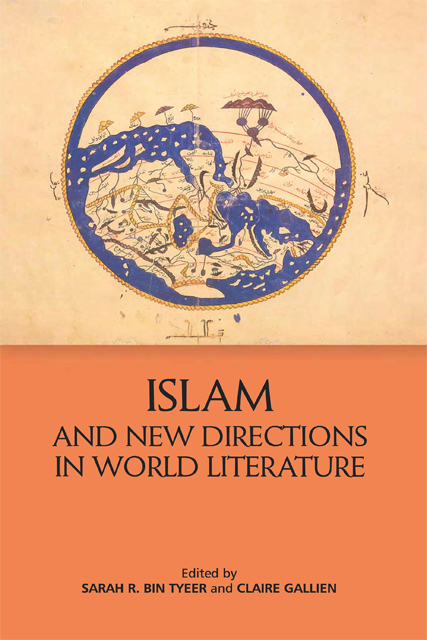6 - Vanishing Art, Genre-making: The Uyghur Storytelling Tradition and its Heritagisation
Published online by Cambridge University Press: 14 July 2023
Summary
In 2009, tens of thousands of people came from all over the Uyghur homeland to the annual festival at the mazar (shrine) of Imam Asim in the Khotan desert to pray, heal, make merit and be a part of the community. During the festival, this holy land was transformed into an animated bazaar where merchants sold their wares to pilgrims, and where musicians, storytellers, and other talented individuals gathered crowds to showcase their skills and crafts. Among the activities such as games, children playing and Sufi rituals, it was hard to miss the crowds that gathered around a handful of storytellers. Hundreds of men, women and children sat on the sand, some eating snacks, focusing on an old man in the centre playing instruments and performing lively stories. I was captivated by his facial expressions and hand gestures, the fast-changing pace of the music, and the audience’s dramatic and emotional responses, which included tears. After the performance, I interviewed the storyteller and asked for the name of the story. He said it was a dastan about the hero Siyit Nochi. Another storyteller explained that it was the Qisse of Fatima. I had learned about the oral literature forms called dastan and qisse from books and had read written versions when I was growing up. But my visit to the Imam Asim Mazar festival was the first time I had seen a live performance and a deeply engaged audience response. I returned there every Thursday in May 2009 and listened to many other storytelling performances. I was struck between the mismatch between what I had read and what storytellers told me, as well as what I saw and heard in their vibrant performances infused with Islam.
Dastan (dastan, dāstān), qisse (qissah) and hikmet (hikāyat) are forms of oral literature combining narrative and music. Wide-ranging in content and style, and performed in many different spaces, from shrines and mosques to marketplaces, construction sites and private homes, they have circulated in various languages and forms, both oral and written, through what are today Iran, Turkey, South Asia and Central Asia. Uyghur ethnographer Qurban Metturdi argues that Central Asian communities, including the Uyghurs, historically accepted and developed the flourishing storytelling tradition along with Islam and Sufism, integrating their existing unique musical styles, stories, and religious beliefs and practices, all of which continued to develop and change.
- Type
- Chapter
- Information
- Islam and New Directions in World Literature , pp. 164 - 190Publisher: Edinburgh University PressPrint publication year: 2022



